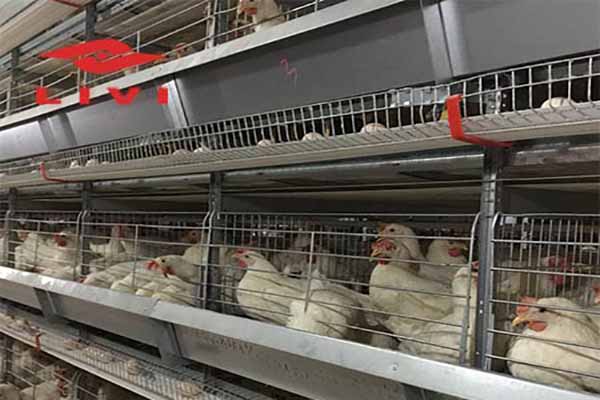Equipment Recommended by Tanzanian Chicken Farm Owners: Your Ultimate Guide
Time : 2025-04-24
As an aspiring chicken farmer in Tanzania, you’re probably looking for reliable, cost-effective equipment that will help you boost your chicken farm’s productivity and ensure healthy hens. With that in mind, we’ve compiled a list of equipment that has been recommended by Tanzanian chicken farm owners. Let’s dive right in!
1. Feeders
First things first, let’s talk about feeders. Providing your hens with a consistent and balanced diet is essential for their health and egg production. Here are a couple of feeders that have proven to be favorites among Tanzanian chicken farmers:
– Gravity Feeders: These feeders are easy to use and clean, making them perfect for both backyard and commercial farms. Plus, gravity feeders reduce waste as the chickens only take out what they eat.
– Automated Feeders: If you’re running a large-scale chicken farm, an automated feeder is a must-have. It allows you to feed your chickens at predetermined times and even mix their diet to ensure they’re getting all the nutrients they need.
2. Waterers
Proper hydration is just as crucial as feed. Here’s a breakdown of some recommended waterers for Tanzanian chicken farms:
– Bird baths: While they might not seem like the most effective choice for watering large numbers of chickens, bird baths can be quite helpful during dry spells or in very warm conditions.
– Straight Feeder Waterers: These are easy to use, provide fresh water throughout the day, and reduce waste as water flows slowly through a valve, keeping it fresh for longer periods.
– Automatic Drinkers: Ideal for larger chicken farms, automatic drinkers keep your hens well hydrated while also being easy to clean and maintain.
3. Nesting Boxes
For your chickens to lay their eggs comfortably, it’s important to provide them with well-designed nesting boxes. Here are two options that have been widely praised:
– Plastic Nesting Boxes: They’re easy to clean and maintain, which is great for both the environment and your health.
– Wooden Nesting Boxes: They are visually appealing and offer natural comfort to hens, though they do require a bit more upkeep than plastic alternatives.
4. Coops and Run
When selecting coops and runs for your chickens, keep the following factors in mind:
– Size: Make sure the coop and run are spacious enough to accommodate the number of chickens you have and to prevent overcrowding.
– Materials: Use weather-resistant materials like metal or treated wood for both the coop and run.
– Ventilation: Proper ventilation is essential for maintaining air quality inside the coop.
– Shade: Your chickens need protection from the sun, wind, and rain, so make sure the coop offers shade during the day and shelter during inclement weather.
5. Lighting
Providing the right lighting for your chickens is essential, especially if you want to promote consistent egg production year-round. Here’s a quick guide:
– LED Grow Lights: These are energy-efficient and offer a spectrum that’s ideal for promoting plant growth, which is what chickens need for their egg production.
– Movement Detectors: Installing motion-sensor lights can help protect your chickens from nocturnal predators and prevent the loss of chickens that tend to roam.
6. Chicken Rakes and Shovels
Keeping the coop and run clean is critical to preventing diseases. That’s where these handy tools come in:
– Chicken Rakes: Perfect for collecting dropped food and bedding, and cleaning the chicken pen.
– Shovels: They make it easier to scoop up droppings, keeping your chicken area cleaner and safer.
7. Fencing and Electric Fences
To protect your chickens from predators, invest in quality fencing or electric fences. Consider the following options:
– Barbed Wire Fencing: This type of fence is sturdy and offers an extra layer of security, deterring predators like dogs and snakes.
– Electric Fences: An excellent alternative or supplement to barbed wire fencing, they deliver a safe shock that won’t harm the predators while deterring them from entering your chicken pen.
Conclusion
By considering the recommendations from experienced Tanzanian chicken farm owners, you’ll be well-equipped to run a successful and profitable chicken farming business. From choosing the right equipment to setting up your chicken farm, the right gear can make all the difference.
—












